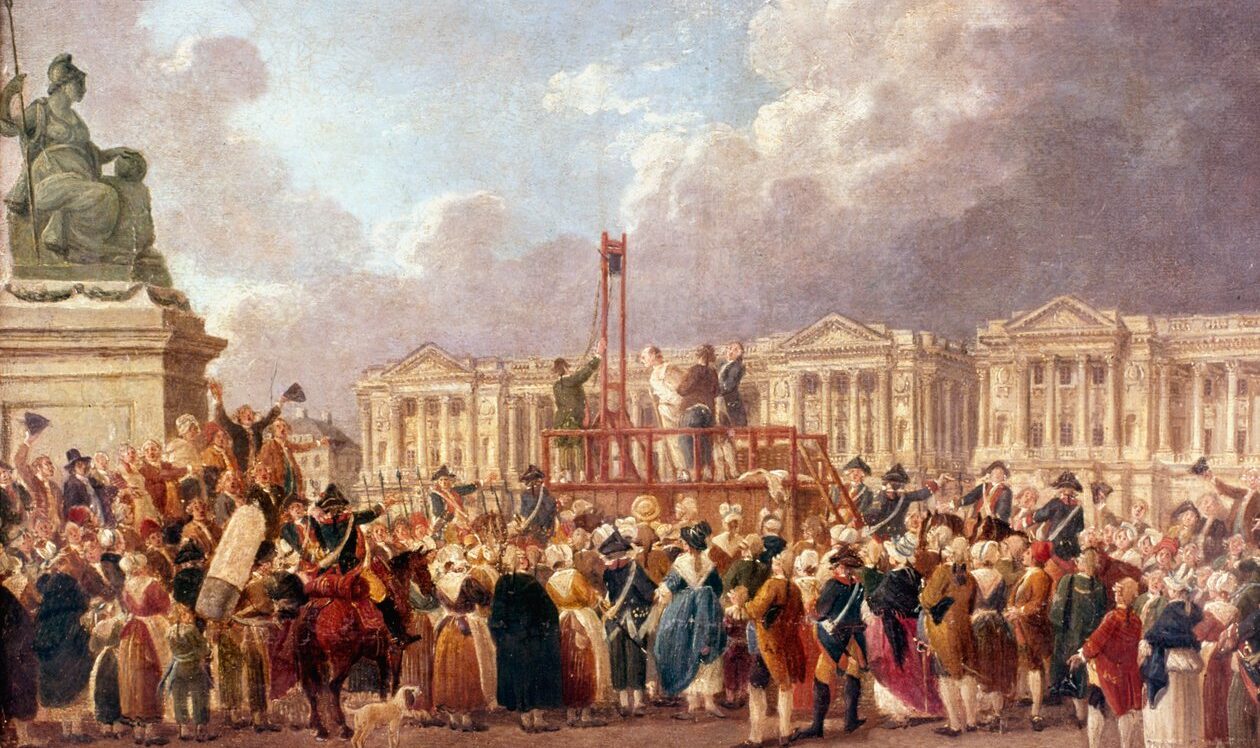
"Public indignation toward a disconnected ruling class often leads to revolutions, as seen in the French Revolution, driven by moral failings and financial exploitation."
"Scandals like Jeffrey Epstein's illustrate contemporary anxieties about elite power and accountability, revealing a network of bipartisan protection among influential figures."
"Class problems are evident when the elite socialize with convicted criminals, prompting voters to question the moral authority of their leaders."
"American media tends to protect the wealthy from criticism unless legal repercussions are imminent, highlighting the complexities of power and accountability."
The French Revolution of 1789 reveals profound lessons for contemporary society, as it stemmed from public outrage against an aristocracy seen as decadent and unaccountable. The crisis was fueled by the exposure of social vices among the elite and dire national financial issues, exacerbated by excessive spending and foreign conflicts. Modern parallels emerge as Americans face similar concerns regarding elite power, highlighted by scandals like that surrounding Jeffrey Epstein. This situation underscores enduring issues of moral accountability and the protective dynamics of contemporary elites.
#french-revolution #elite-accountability #public-indignation #social-dynamics #contemporary-scandals
Read at The American Conservative
Unable to calculate read time
Collection
[
|
...
]